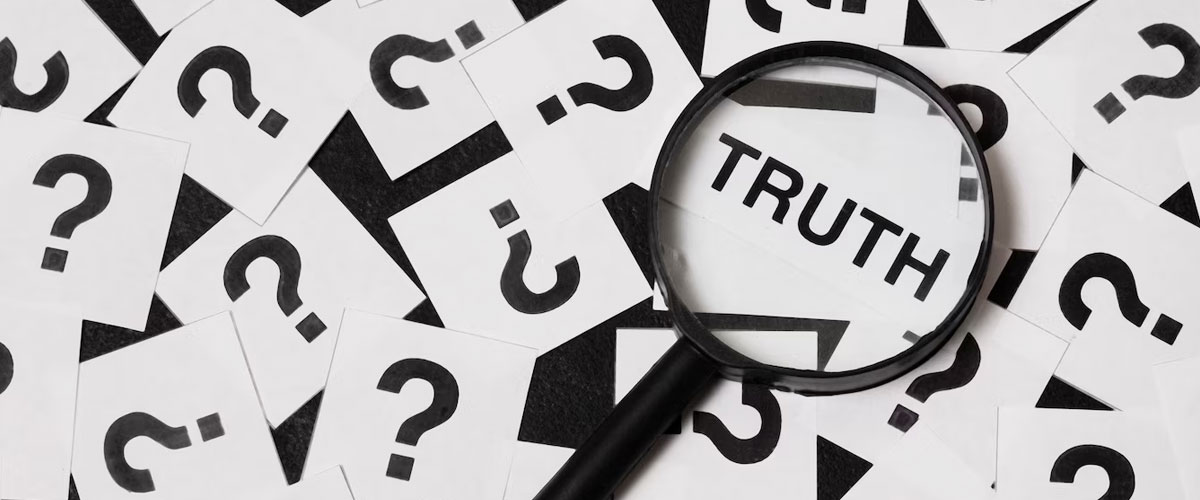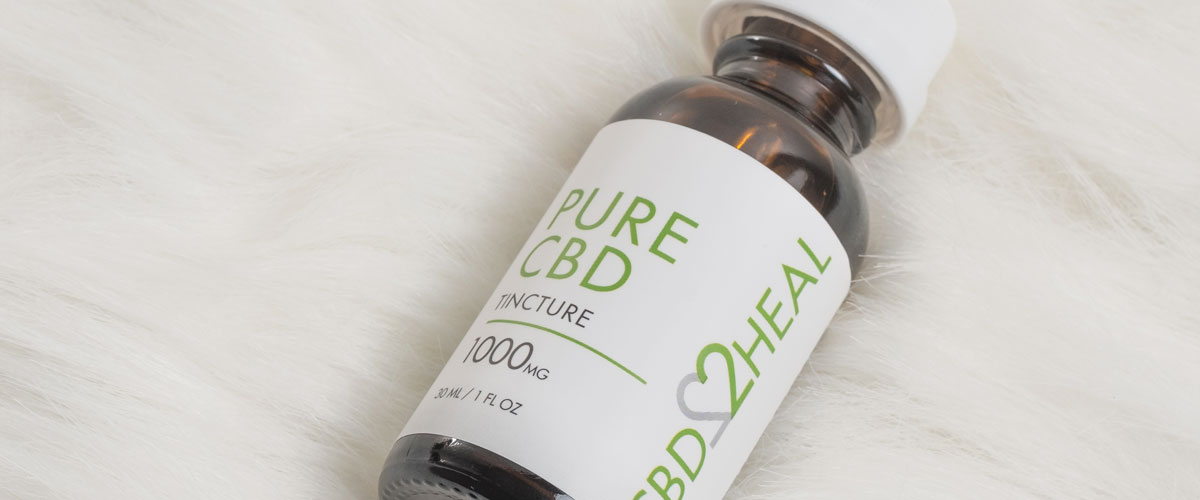- You have no items in your shopping cart
- Continue Shopping

CBD, short for cannabidiol, has garnered significant attention for its potential health benefits. As interest in CBD continues to grow, so do the myths and misconceptions surrounding it. In this article, we will explore common myths about CBD and provide a straightforward way to help you better understand this compound.
Myth 1: CBD Gets You High
It’s time to debunk one of the most widespread misconceptions about CBD: the belief that it can get you high. Here are the facts:
- CBD, short for cannabidiol, is a compound derived from the cannabis plant.
- Unlike its cousin THC (tetrahydrocannabinol), CBD is non-psychoactive, meaning it won’t alter your mental state or induce a euphoric high.
- CBD interacts with different receptors in the body, primarily the endocannabinoid system, which plays a role in regulating various bodily functions, but it doesn’t produce the intoxicating effects associated with THC.
- This absence of a high is precisely why CBD is widely used for its potential therapeutic benefits, without the mind-altering side effects. So, if you’re worried about feeling high from CBD, rest assured, it won’t happen.
Myth 2: All CBD Products are the Same
Not all CBD products are created equal. There are different types of CBD extracts, including full spectrum, broad spectrum, and isolate. Full-spectrum contains a variety of compounds found in the cannabis plant, while broad-spectrum removes THC but retains other beneficial cannabinoids. Isolate, on the other hand, contains only pure CBD. It’s essential to choose the type that suits your needs and preferences.
Myth 3: CBD is a Cure-All
Let’s clear up another common misconception surrounding CBD: the belief that it’s a cure-all remedy. Here’s what you need to know:
- While CBD has shown promise in scientific research for a range of health conditions, it’s essential to recognize that it’s not a magic elixir capable of curing everything.
- Scientific evidence supports the use of CBD in managing specific conditions, such as epilepsy, chronic pain, and anxiety. However, its effectiveness can vary from person to person.
- The key to responsible CBD use is understanding its limitations and consulting with a healthcare professional for guidance on using it for your specific health needs.
- It’s crucial to exercise caution when encountering extravagant claims about CBD curing numerous ailments. While it can be a valuable addition to your wellness routine, it should be viewed as part of a holistic approach to health rather than a one-size-fits-all solution.
Myth 4: CBD Works Instantaneously
CBD doesn’t provide immediate effects like pain relief medications. The time it takes for CBD to take effect depends on factors such as dosage, method of consumption, and individual differences in metabolism. Be patient and give it time to work.
Myth 5: CBD is Always Safe
It’s time to address the misconception that CBD is entirely risk-free. While generally considered safe, CBD isn’t without its potential side effects and considerations:
- CBD is well-tolerated by most individuals, but some people may experience side effects, including dizziness, dry mouth, changes in appetite, or diarrhea. These effects are typically mild and temporary.
- Importantly, CBD can interact with certain medications. If you are taking prescription drugs, consult with your healthcare provider before introducing CBD into your routine to ensure there are no adverse interactions.
- Quality and purity of CBD products can vary widely in the market. To mitigate potential risks, choose reputable brands that provide third-party lab testing results to verify the contents of their products.
- While CBD is not addictive, it’s essential to use it responsibly and avoid excessive doses, as very high doses may lead to unwanted effects. Start with a low dose and gradually increase it if needed.
- If you have underlying health conditions or concerns about CBD’s safety for your specific situation, seek guidance from a healthcare professional to make informed decisions about its use.
While CBD offers potential benefits, it’s crucial to be aware of these considerations to use it safely.
Myth 6: More CBD is Always Better
When it comes to CBD, more isn’t necessarily better. Finding the right dosage for your needs is essential. Taking too much CBD may result in diminishing returns or unwanted side effects. Start with a low dose and gradually increase it until you find the level that works best for you.
Conclusion
In conclusion, understanding the facts about CBD is crucial as it gains popularity in the health and wellness industry. By debunking these common myths and misconceptions, we hope to provide you with a clearer picture of what CBD is and how it can fit into your life. Remember to consult with a healthcare professional before using CBD for specific medical purposes, and always choose reputable products. As research on CBD continues to evolve, staying informed is key to making responsible choices regarding its use.
After separating these facts from common myths, why not shop for some of the best CBD oil in Canada with CBD2HEAL today?







